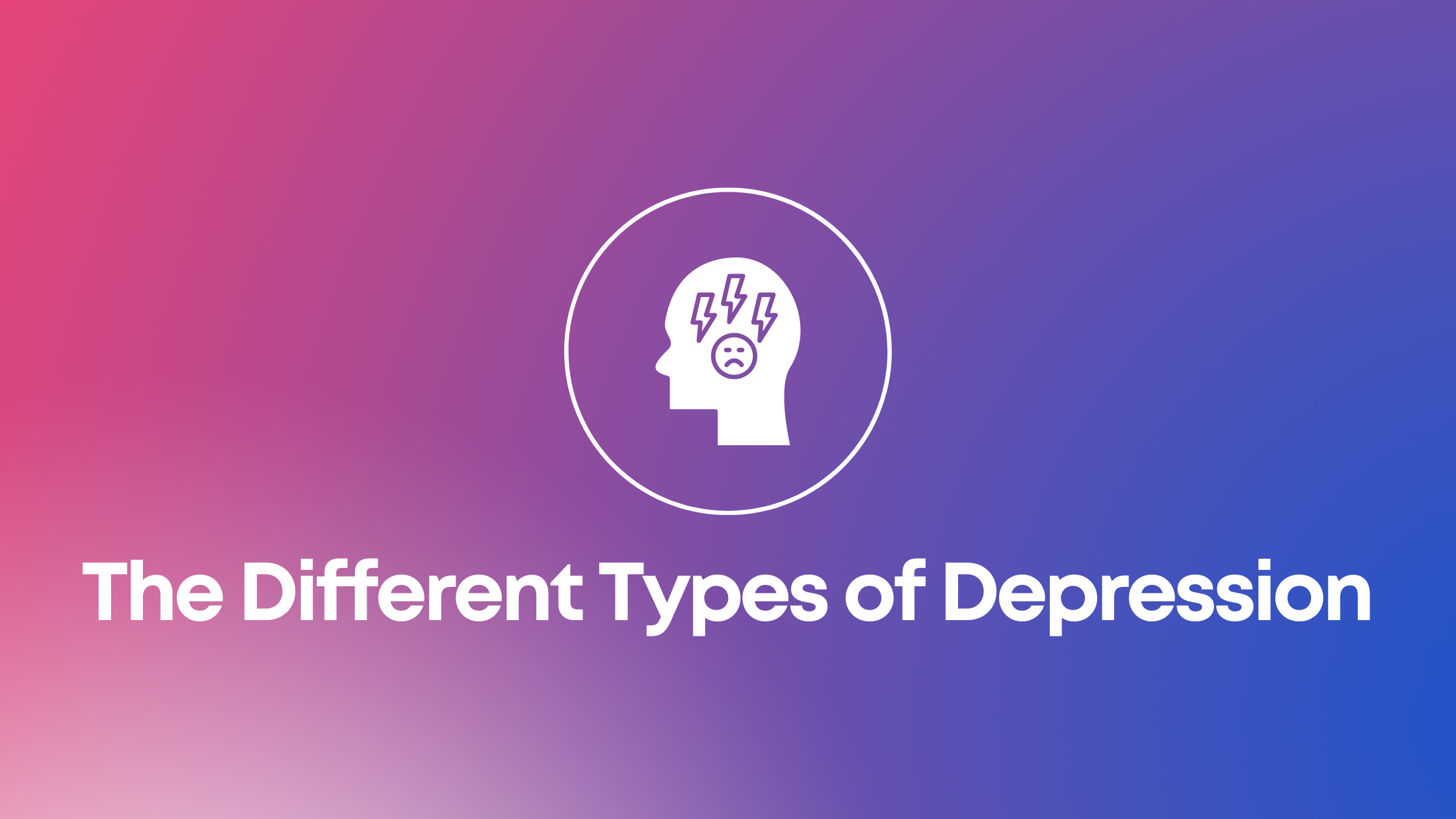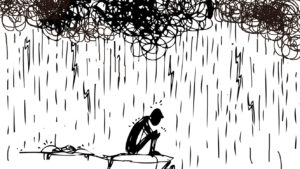Depression is a mental disorder that can be caused by a variety of factors, including brain chemistry, genetics, and life experiences. There are different types of depression, each with its own symptoms and treatment options.
Major depressive disorder is the most common type of depression. It is characterized by persistent feelings of sadness, worthlessness, and hopelessness. People with major depressive disorder may also have difficulty sleeping, lose interest in activities they used to enjoy, and have trouble concentrating. Treatment for major depressive disorder often includes medication and/or therapy.
Persistent depressive disorder, also called dysthymia, is a less severe but more long-lasting form of depression. Symptoms of persistent depressive disorder may not be as intense as those of major depression, but they can last for years. Treatment for persistent depressive disorder often includes medication and/or therapy.
Bipolar disorder is a type of depression that is characterized by periods of both mania (extreme happiness or energy) and depression. People with bipolar disorder may have difficulty sleeping, be easily distracted, and have difficulty concentrating. Treatment for bipolar disorder often includes medication and/or therapy.
Postpartum depression is a type of depression that can occur after a woman gives birth. Symptoms of postpartum depression may include sadness, anxiety, irritability, and fatigue. Treatment for postpartum depression often includes medication and/or therapy.
Seasonal affective disorder (SAD) is a type of depression that occurs during the winter months, when there is less natural light. Symptoms of SAD may include fatigue, difficulty concentrating, and feelings of hopelessness. Treatment for SAD often includes light therapy and/or medication.
Psychotic depression is a type of depression that is characterized by psychotic symptoms, such as hallucinations or delusions. People with psychotic depression may have difficulty sleeping, lose interest in activities they used to enjoy, and have trouble concentrating. Treatment for psychotic depression often includes medication and/or therapy.
Atypical depression is a type of depression that is characterized by symptoms that are not typically seen in other types of depression. Symptoms of atypical depression may include oversleeping, overeating, and feelings of heaviness in the arms or legs. Treatment for atypical depression often includes medication and/or therapy.
Depression is a serious mental disorder that can have a variety of causes, symptoms, and treatments. At PsyFi TMS, we provide transcranial magnetic stimulation (TMS) therapy for depression. TMS is a safe and effective treatment for depression that has been proven to work when other treatments have failed. If you or someone you know is suffering from depression, please contact us today to learn more about TMS therapy: info@psyfitms.com.



You need to be a part of a contest for one of the finest sites on the internet. Im going to highly recommend this blog!